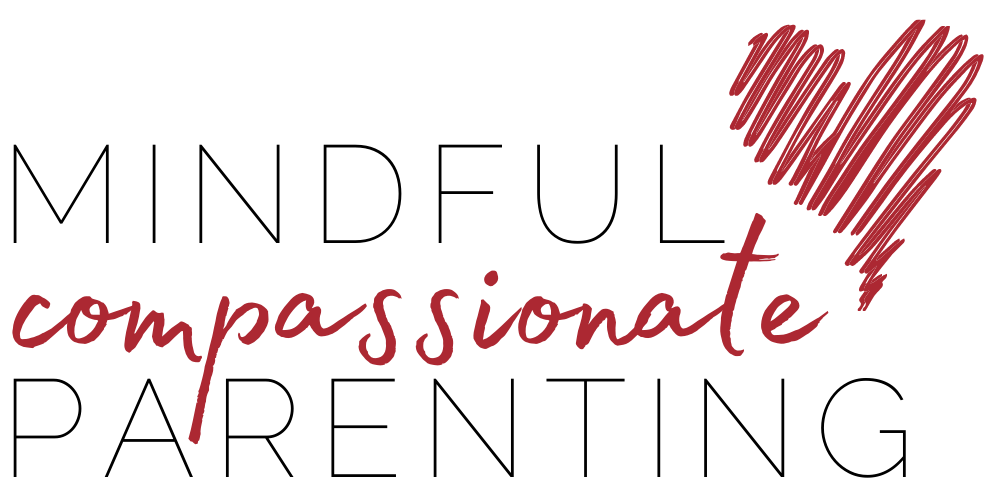Escaping the Optimization Traps of Parenting
In the role of a parent we are touched so deeply in our emotions and challenged as hardly ever in our lives. This can be wonderful and it can be unsettling, causing great anxiety and stress.
Often we have very high expectations of how perfect we want to be as parents. We read numerous guidebooks that sometimes tell us to let the children develop freely, sometimes to have a relationship at eye level, sometimes to set clear limits against the little “bullies”. And the more we read these books, the more confused it makes us. And then finally we meet moments when we lose control and react more harshly than how we wanted, perhaps even behave in a way we did not think possible.
Most studies in parenting science state that parents are becoming increasingly insecure.
What is not taken into consideration is that we have internalised a focus on optimization, improvement, achieving the best possible, out of our everyday life in society. With that we increasingly have a tendency to look at the deficits, at what doesn’t fit, what is missing, at our mistakes, and when we do this we may miss what we have already realised, our achievements.
We live in a competitive society that is committed to economic growth, further development, progress and optimization in all areas of life. So it follows that we also want to optimise our parenthood, we want the best for our children and we are particularly under pressure.
Here the optimization trap snaps shut from two sides. The internalised pressure towards perfection meets the evolutionary tendency of our brain to perceive and store the negative. This means that we want to do particularly well, but at the same time all our mistakes and weaknesses stand out to us. It is easier for us to feel compassion for others in difficult situations, but we are often hard on ourselves.
Compassion has been a significant theme in the development of mindfulness-based methods for several years. Compassion for our children is one of the most primal emotions as parents. But what about compassion for ourselves as a mother or father? That seems instinctively and by definition already left out. Parents sacrifice themselves for their children! And yet studies show that stress and excessive pressure on parents are among the main risk factors for psychological problems in children.
For the good of the children, one thing is important: Get out of the optimization trap!
Mindful self-care, self-friendliness and self-compassion can be an essential contribution to our own well-being and thus also to the well-being of our children in the difficult times that inevitably occur in our family life. Developing serenity instead of a pressure for optimization and perfectionism helps. Equanimity in the face of the unchangeable ups and downs, in the face of constant changes, in the face of the fact that we are not perfect and that we do not have to be perfect as parents either. That we have and are allowed to have limits. That we understandably want the best for our children and yet we also have limits to what we can master. That every person, including our children, are on their own path of life, which even we as parents cannot control fully and can only partially influence in the flow of life. Self-compassion means being a good friend to ourselves – also and especially in difficult times.
How often do we judge ourselves harshly as parents? How often do we cut back on much that nourishes and delights us in demanding times of parenthood because we want to do it as well and as right as possible as parents and at the same time do not notice how we are running out of strength because we are no longer taking care of ourselves? We can learn that self-care is something wonderful for parents that also benefits our children. Being an example in living self-compassion is an essential dowry for well-being in the child’s life. Modelling self-compassion when we ourselves have failed at something is an essential factor in developing self-esteem and resilience in our children.
Here too, it is important not to skip the first step; just like in an aeroplane, we can only help others once we ourselves have put on our oxygen masks. Practising and cultivating self-compassion and self-kindness is one of the most beautiful tasks we can dedicate ourselves to as parents. Simply taking care of ourselves with a clear conscience and thereby doing something good for children. Often, this practice is about taking out unnecessary pressure and focusing on what is important. This includes trusting ourselves and our parent heart – imperfect as we are – and also trusting our children to go through life in their own way.
Written by: Jörg Mangold

